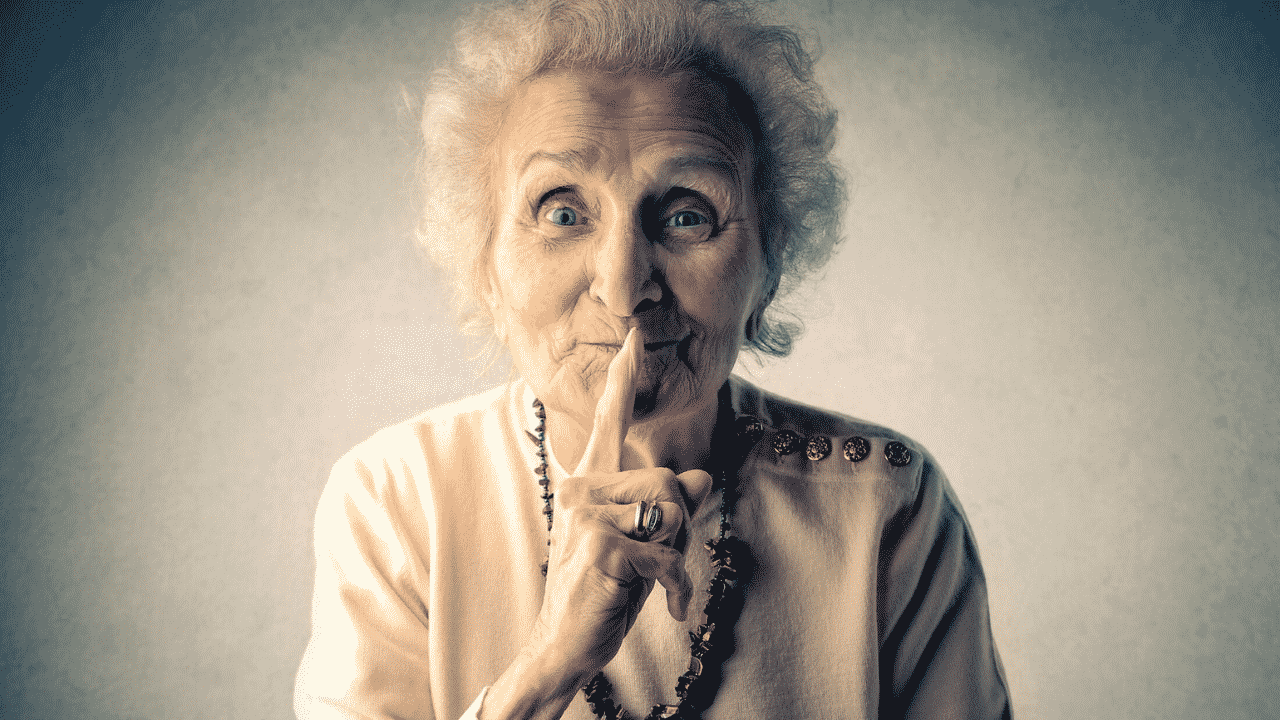Anxiety is NOT normal with aging and can be effectively treated. Unfortunately, anxiety in the elderly often goes undetected and untreated largely due to the false belief that with age it’s normal to have a mental health problem.
Good news: Anxiety is highly treatable in older adults!
Here’s what you’ll learn in this episode:
- [03:11] What is anxiety?
- [05:10] What are the different types of anxiety disorder older adults experience?
- [05:40] Signs and symptoms of anxiety in the elderly?
- [06:55] How common are anxiety disorders among older adults?
- [07:51] What is the most common anxiety disorder among older adults?
- [08:34] What causes anxiety in older adults?
- [10:40] Anxiety and depression commonly go together
- [11:38] What happens when anxiety goes untreated in older adults?
- [12:31] Anxiety in elderly, treatment that works.
- [14:25] How to talk with older adults about getting mental health care
Anxiety is highly treatable in older adults, and the earlier we can identify it and address it, the easier it is to reverse the symptoms and the better quality of life for the older adult and their family.
Podcasts mentioned:
References:
- American Psychiatric Association. (2013). Diagnostic and statistical manual of mental disorders (5th ed.). https://doi.org/10.1176/appi.books.9780890425596
- American Psychiatric Association (2017), What are anxiety disorders? Reviewed by Ranna Parekh, M.D., M.P.H. Retrieved on 4/2/21 from https://www.psychiatry.org/patients-families/anxiety-disorders/what-are-anxiety-disorders
- Becker, E., Orellana Rios, C., Lahmann, C., Rücker, G., Bauer, J., & Boeker, M. (2018). Anxiety as a risk factor of Alzheimer’s disease and vascular dementia. The British Journal of Psychiatry, 213(5), 654-660. doi:10.1192/bjp.2018.173
- Geriatric Mental Health Foundation. Anxiety and Older Adults: Overcoming Worry and Fear (retrieved 2April 2021: https://www.aagponline.org/index.php?src=gendocs&ref=anxiety)
- Hellwig S, Domschke K: Anxiety in Late Life: An Update on Pathomechanisms. Gerontology 2019;65:465-473. doi: 10.1159/000500306
- Richardson, T. M., Simning, A., He, H., & Conwell, Y. (2011). Anxiety and its correlates among older adults accessing aging services. International journal of geriatric psychiatry, 26(1), 31–38. https://doi.org/10.1002/gps.2474
- Tampi RR, Tampi DJ (2014) Anxiety disorders in late life: A comprehensive review. Healthy Aging Research 3:14. doi:10.12715/har.2014.3.14



